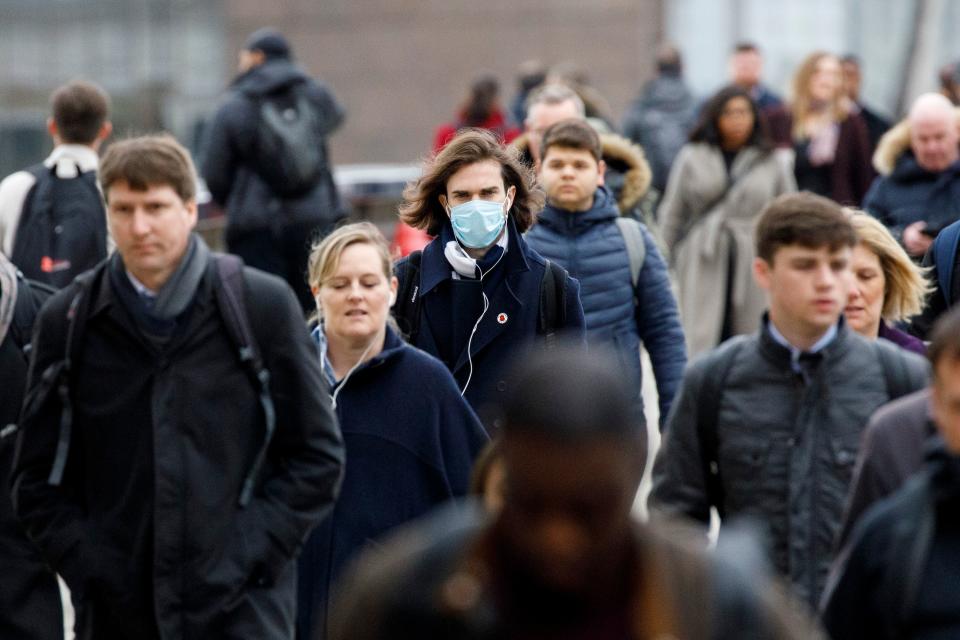Coronavirus: UK government to end ‘work from home’ guidance

Prime minister Boris Johnson announced on Friday that the government will end its sweeping work-from-home guidance from 1 August and instead give employers more leeway to decide how their workforces can operate safely.
“Instead of government telling people to work from home, we’re going to give employers more discretion and ask them to make decisions about how their staff can work safely,” Johnson said.
Working from home, Johnson said, was just “one way” of working safely.
It could also involve employers making adjustments to workplaces in line with government guidelines, he said during a Downing Street press conference.
The new guidance comes even after Johnson’s chief scientific advisor told MPs on Thursday that he saw “absolutely no reason” to change the government’s current advice, which states that people who can work from home should continue to do so.
READ MORE: UK employers have shed almost 650,000 jobs since crisis began
“Of the various distancing measures, working from home for many companies remains a perfectly good option because it’s easy to do,” Patrick Vallance told the science committee of the House of Commons.
But Johnson said on Friday that it was “right” to give employers more discretion as the country continues to reopen, while still ensuring that employees are “kept safe.”
“Whatever employers decide, they should consult closely with their employees and only ask people to return to their place of work if it is safe,” he said.
While some business groups have urged the government to more emphatically encourage people to return to work, many firms have told employees to work from home until at least September, with some pushing back such a move until the end of the year.
The prime minister also announced that local authorities will be given new powers to contain coronavirus outbreaks.
In England, authorities will be able to close specific premises, shut public outdoor spaces, and cancel events from Saturday (18 July).
“These powers will enable local authorities to act more quickly in response to outbreaks where speed is paramount,” he said.
READ MORE: Boris Johnson announces sweeping coronavirus powers
Johnson noted, however, that action at a local level “may not always be sufficient” and said that central government will be able to “intervene” at a local level.
The prime minister said that, “where justified by the evidence”, ministers will be able to close whole sectors or types of premises in an area and introduce local stay-at-home orders, among several other measures.
It comes ahead of the reopening of bowling arenas, skating rinks, and casinos from the beginning of next month.
Indoor performances with live audiences will also be permitted, while the government will also allow pilot schemes of larger gatherings in places like sports stadiums “with a view to a wider reopening in the autumn.”
Johnson said that the government hoped to review further restrictions to “allow a more significant return to normality from November at the earliest, possibly in time for Christmas.”

 Yahoo Finance
Yahoo Finance 
